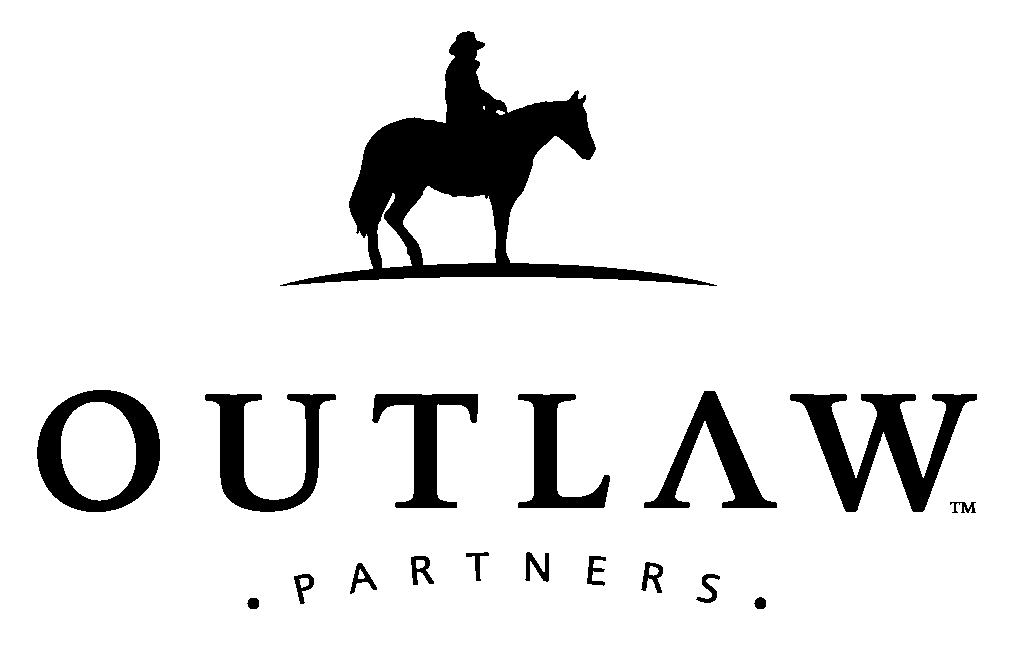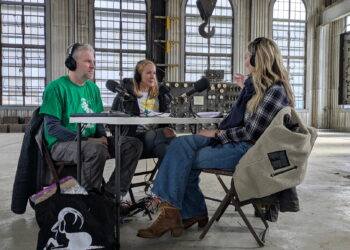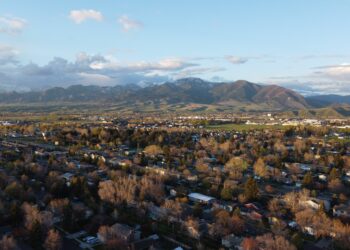‘Trust and Media’ panel kicks off Big Sky Ideas Fest
By Gabrielle Gasser Associate Editor
BIG SKY – Decorated journalist Jan Winburn sees a split in the trust media outlets receive: national media outlets must gain the trust of their readers while local journalists have that trust to lose.
On the evening of Jan. 27, NPR Media Correspondent David Folkenflik moderated a panel on Trust and the Media at the new Independent theater in Big Sky.
The panel featured five journalists including Winburn, who worked for The Baltimore Sun, Atlanta Journal-Constitution and CNN; John Adams, founding editor and executive director of Montana Free Press; Todd Wilkinson, founder of Mountain Journal; Joseph T. O’Connor, editor-in-chief for Outlaw Partners publications; and Luella Brien, founder of Four Points Media Inc.
Live and on Zoom, the panelists kicked off this year’s Big Sky Ideas Festival, produced by EBS publisher Outlaw Partners, which precludes TEDxBigSky on Jan. 29 and 30.
The conversation opened with a provoking question from Folkenflik for Adams: “How[do] you make sure you earn the trust of the people you cover, and the people you write for?”
Adams pointed out that we exist in a time of declining trust in the media, and he launched MTFP in that climate of distrust. He has worked to partner with news organizations around the state to connect with his audience to build their trust in his outlet.
“It’s my view that the people who read their local newspaper and know their local news editor and their local news reporters, they trust those people,” Adams said. “Those people are part of their communities; those people have a place in that community.”
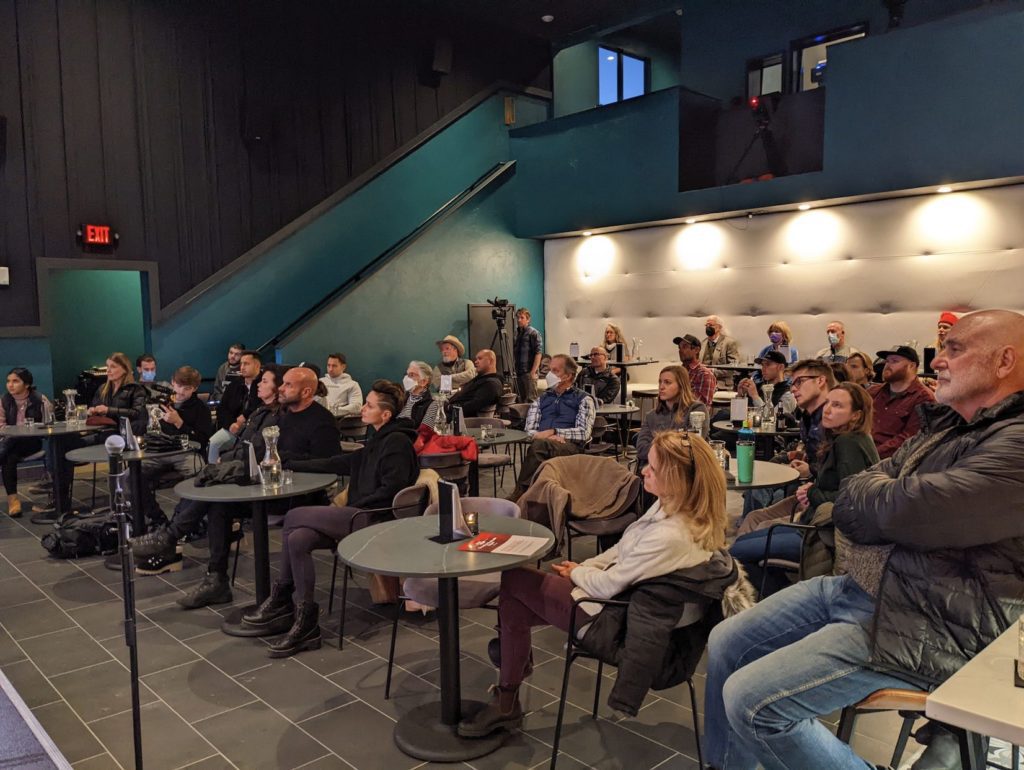
Luella Brien, an Apsáalooke journalist with nearly 20 years of industry experience, started Four Points Press three months ago. Brien works as the site’s sole journalist serving the Crow Indian Reservation and surrounding areas. She described her work as a constant effort to earn and maintain the trust between herself as a journalist and her community.
“It becomes this cycle of constantly repairing the damage that these outsiders are doing when they come in and barely scratch the surface on these difficult stories and then swoop out and then either tell them wrong or are inaccurate,” she said.
Sometimes, Brien must prioritize her role as a journalist over her family ties in her community when writing a story as part of that difficult and nuanced balance.
She described a story she wrote about a fight on the reservation where a minor was beaten so badly that parts of his jawbone were destroyed. Brien then shared that both boys were her nephews from different parts of her family. Brien faced a tough situation as a journalist, but wrote the story despite the family ties and endured the negative feedback.
“I have to do my job,” she said. “Half the community is going to be upset with me and the other half is going to be really happy with me at any given moment. As long as that balance is there with half the community mad at me and half the community happy with me, I feel like I’m doing my job. If everyone’s happy with me, then something’s wrong.”
Part of a journalist’s traditional job is to seek objectivity; to recognize and avoid biases and conflicts of interest, real or perceived. Folkenflik posed this question to the panelists to hear how these key concepts play into trust.
Adams chimed in saying that if you claim to be unbiased or completely objective, “you might as well claim to be a robot.” He then asked if it is possible to be objective while acknowledging bias. His conclusion: “objectivity is an aspiration; it is not necessarily a promise.”
Wilkinson said that knowledge of issues is crucial along with experience and maturity. With those under one’s belt, he says it’s the journalist’s responsibility to focus on getting the story right.
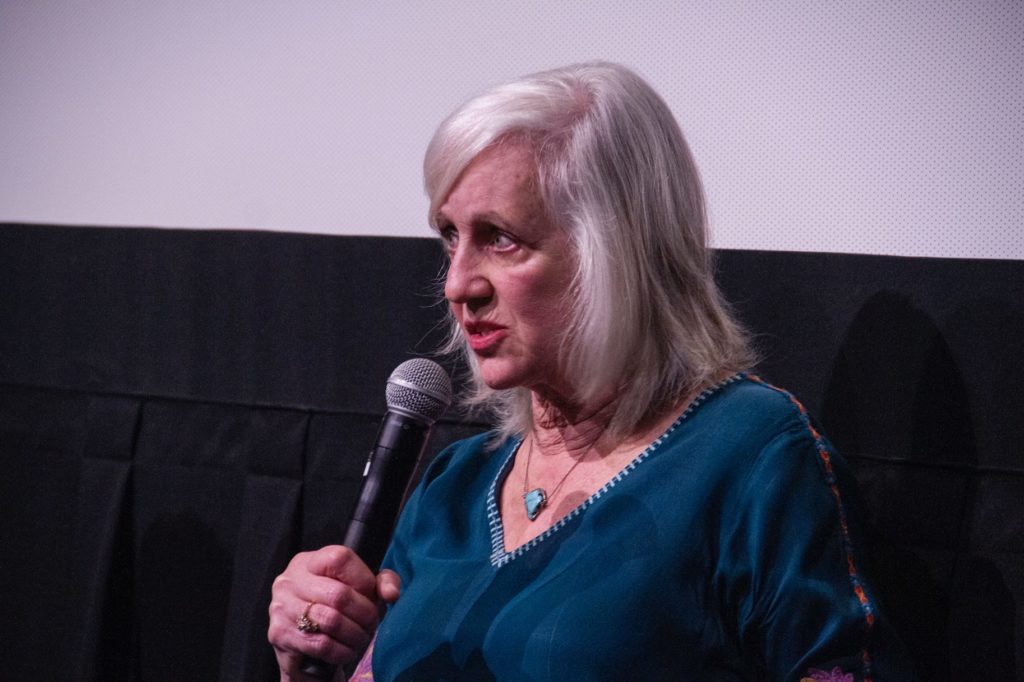
Winburn shared her experience grappling with the concepts of bias and objectivity on a national scale saying she focuses more on fairness, though fairness has its own pitfalls for journalists to navigate.
When covering climate change for CNN, Winburn said she was asked to give equal time to the minority of voices that didn’t believe in climate change, but that those voices accounted for about 1 percent of the overall discourse. That coverage, Winburn said, was unbiased but not truthful and it created a harmful false equivalency. In this case, the pursuit of journalistic truth led to an imbalance in way the information was being presented.
On a local scale, Wilkinson said, being a journalist has its difficulties.
“It’s tough to live in a town, particularly when you’re writing about contentious issues, that not only divide your community potentially, but they also can divide you from your own friends,” he said.
Despite the challenges of local reporting outlined by Wilkinson and Brien, all the panelists placed a heavy emphasis on the importance of local journalism.
Wilkinson added that journalists are first human beings and when they are living in a community writing hyper-local stories that affect lives in the community, they then must pass those people on main street and that direct interaction adds another layer of accountability.
That accountability of journalists to their communities can come in the form of transparency, according to O’Connor.
“Trust comes down to the tenets of journalism, that’s whether it’s nonprofit [or] for profit,” he said, “transparency, running corrections, fact checking, labeling paid-for content in the right way, and in the right place. These are discussions we have all the time.”
Winburn recalled a high-profile story she worked on at CNN where that transparency came into play in acknowledging a mistake. Freddie Gray was killed in Baltimore by police for possession of a knife. Winburn edited the story that contained a reference to Gray’s mother which, while factually true, made it seem like the article was passing judgement on Gray.
Winburn said that as the editor she missed the importance of this reference, and the mistake blew up.
“As we’ve talked about, up here we’re humans … we’re humans and we make mistakes,” she said. “The most important thing is when we own up to them.”
After the main panel discussion, attendees were given the opportunity to ask questions. A former CEO and publisher of a small nonprofit news organization stepped up to the mic and asked, “[Do] journalists and journalism organizations need to do a better job explaining how journalism actually works?”
“I think that’s a critical component of what we do,” O’Connor responded. “It’s a critical component of why we’re sitting here right now.”
The more that journalists can communicate with and give audiences insight into the reporting process, the more they can understand, he added. And with that understanding hopefully comes trust.


